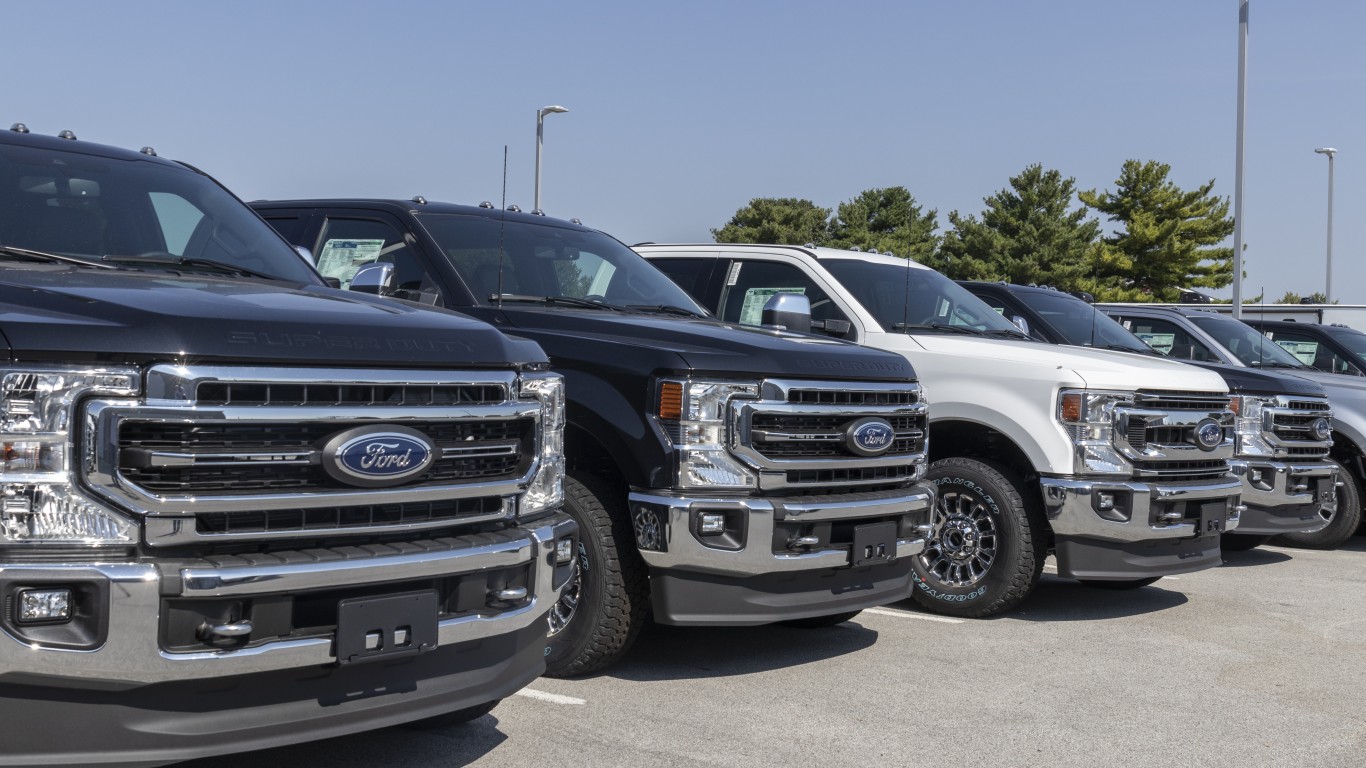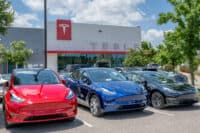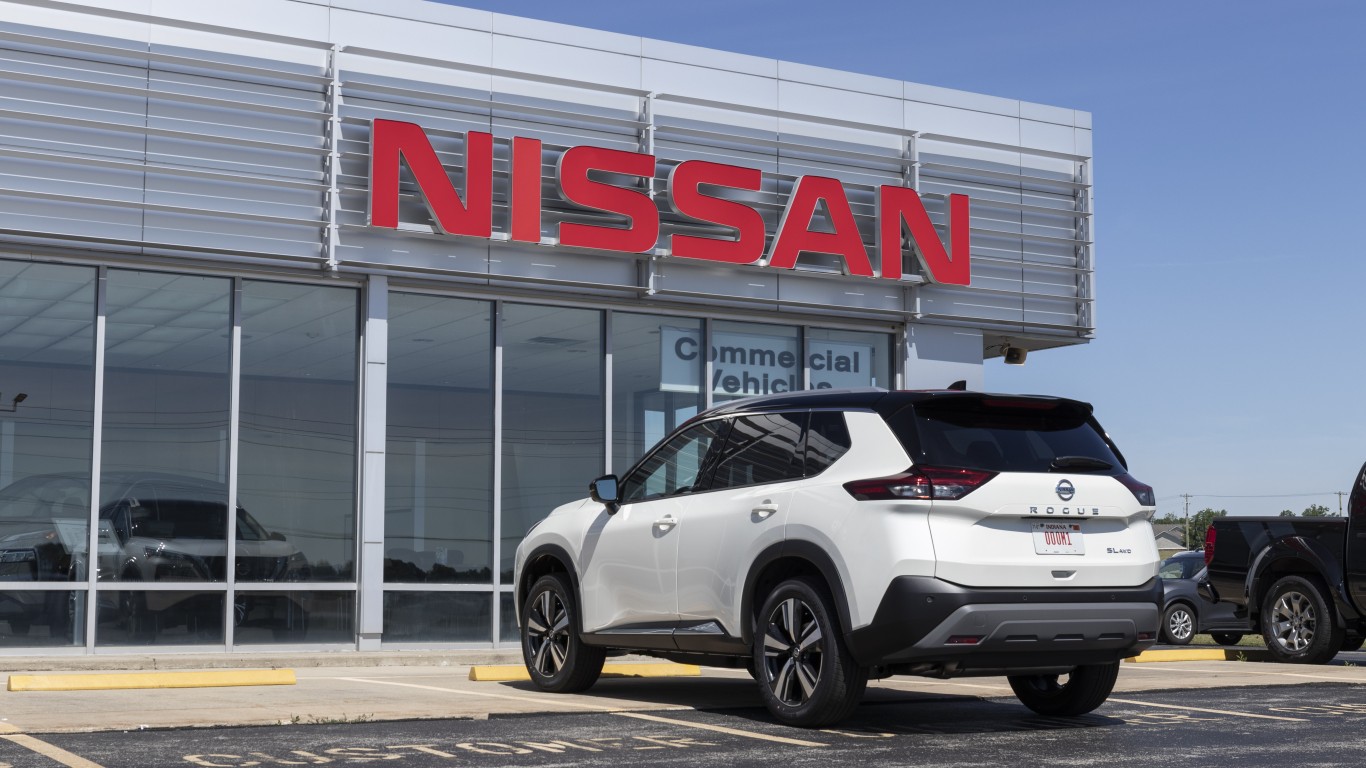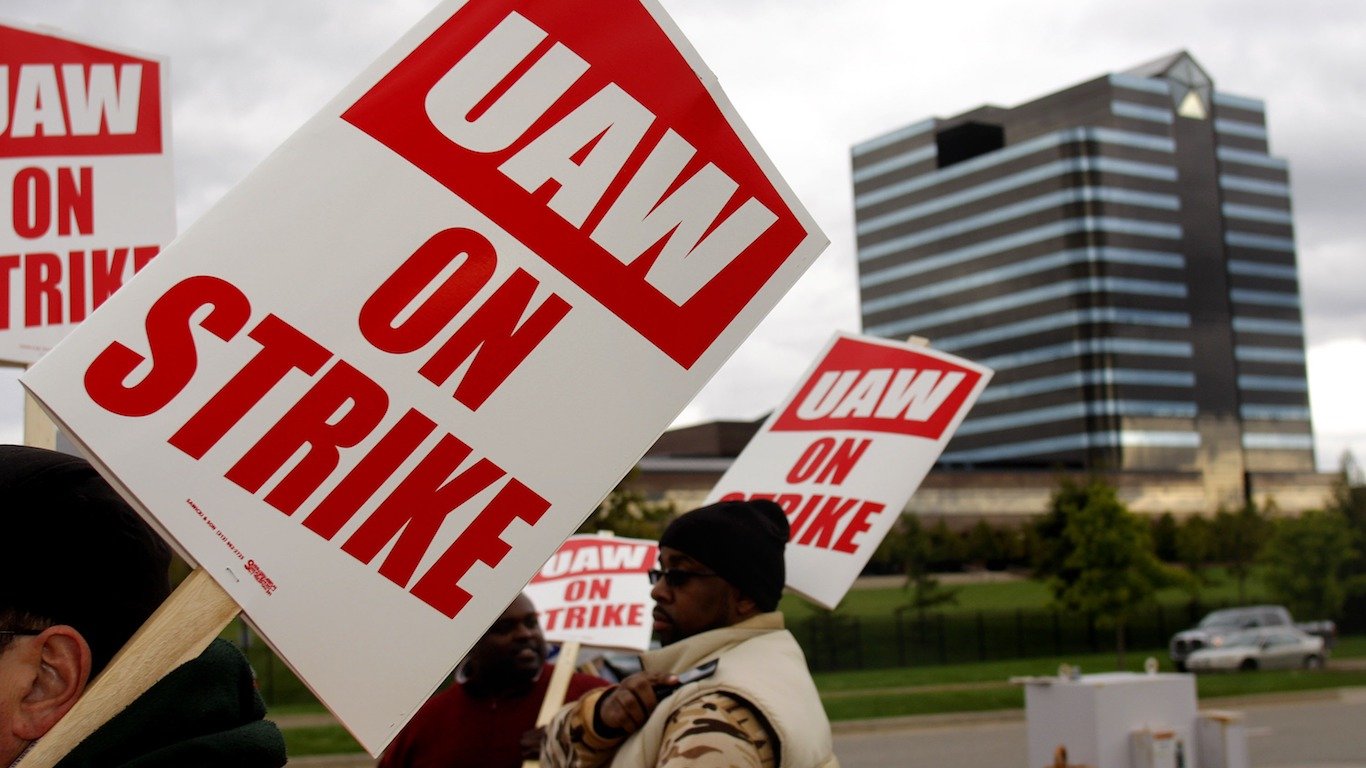

The United Auto Workers (UAW), angered that it could not get the concessions it wanted from American car companies, took a step to escalate its war with them. It struck Ford’s largest plant. The UAW made the move because the Kentucky location is among Ford’s most profitable plants. No surprise, Ford says the move was “irresponsible.”
What is clear is that the strike will badly damage sales of Ford’s legacy gasoline-powered products. These are over 95% of Ford’s sales. The strike has damaged Ford’s future. If the UAW gets its way, that will worsen as the UAW’s higher compensation hits margins. (These are America’s 17 favorite pickups.)
It is less obvious that the strike compromises Ford’s move into electric vehicles (EVs), which it assumes is the company’s future. Its management believes most cars sold at the decade’s end will be EVs. That may not be true for many reasons. Americans worry about their range on a single charge and the number of EV charging stations.
However, the anxiety of many drivers would still leave enough of a market to sell millions of EVs in America. Ford has the advantage of its legacy Mustang and F-150 products, each of which has an EV version.
The UAW is worried that EV plants will undermine the number of workers. The union wants job guarantees at those locations, limiting Ford’s ability to make good profits from its EV products.
Thank you for reading! Have some feedback for us?
Contact the 24/7 Wall St. editorial team.
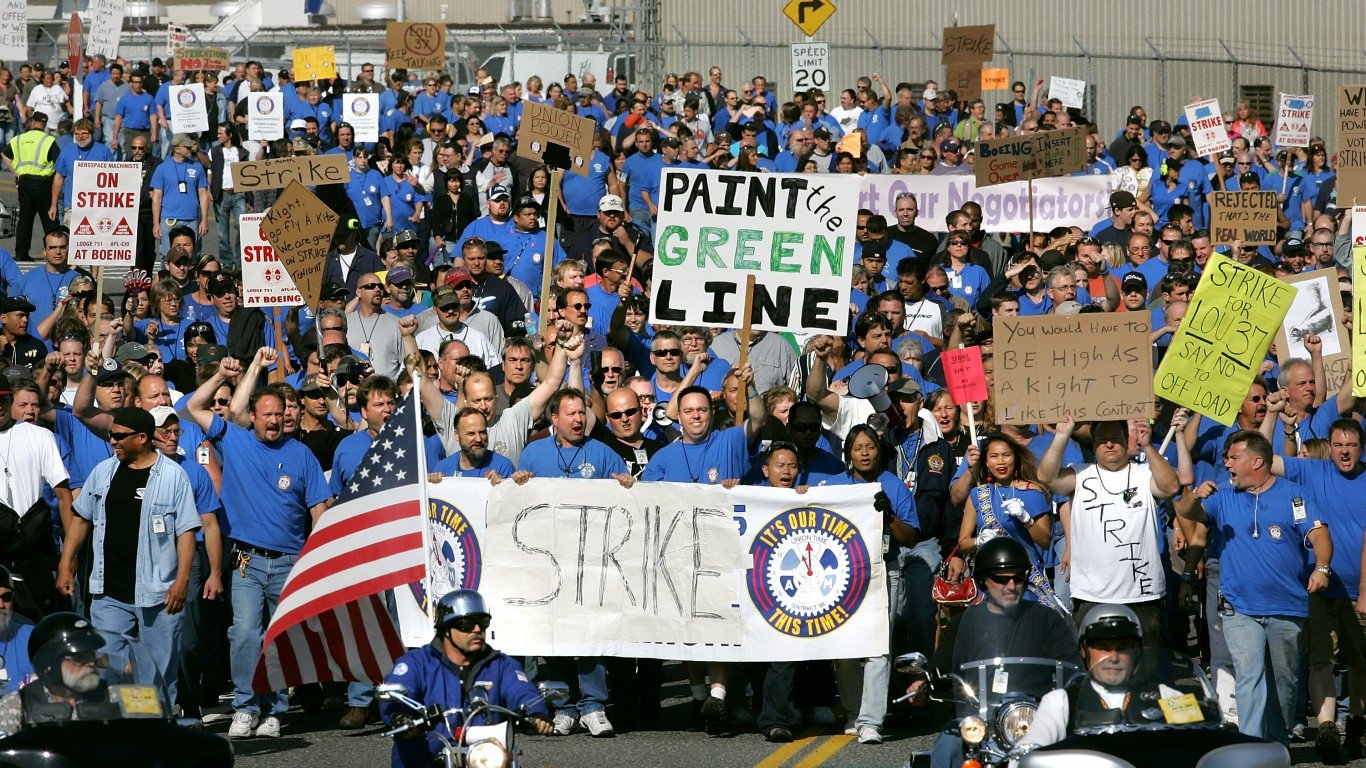 24/7 Wall St.
24/7 Wall St.
